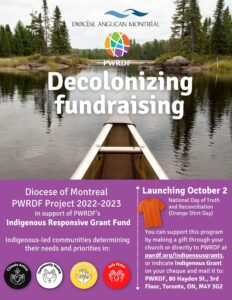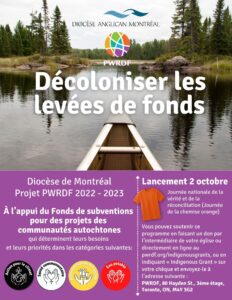What kind of society did you grow up in? We sometimes forget that our lives today are affected by not only our immediate past, but by the societies in which our ancestors lived.
Many of us can claim roots in Europe and the influence of its hierarchical societies. “The rich man in his castle, the poor man at the gate, God made them high and lowly…” reflected society in 1848, when the hymn, “All things bright and beautiful”, was written. Although in the 19th century society tended to be divided into rich and poor, today we find many more ways to separate people; education, skin colour, athletic ability to name a few.
Our Anglican Church is not immune, not only with its bishops, priests and deacons but in the division of the priesthood versus laity. Those in the ‘higher’ levels of a society tend to feel superior and to make rules for others.
The worst in all of this surfaced in the treatment of Indigenous people by the settlers (colonizers).
There are many situations where Jesus’ commandment “Love your neighbour as yourself” has not been fully understood. It is not just providing food for the hungry or contributing to a charity; it is learning to understand one’s neighbours; it is learning to understand the effect of our actions on others and asking how we would feel if we were the recipient of our own actions.
PWRDF’s Indigenous Responsive Program provides funds from which an Indigenous community can apply for a grant for a local project. Instead of this project becoming a PWRDF project, with overtones of colonialism, ownership now stays with the Indigenous community.
Raising funds to help provide grants is the focus of the Diocesan PWRDF for this year. Please join us in supporting this campaign.
-

Ann Cumyn
Mrs Ann Cumyn, along with the Rev Ros Macgregor, is Co-chair of the Montreal Unit of PWRDF.



